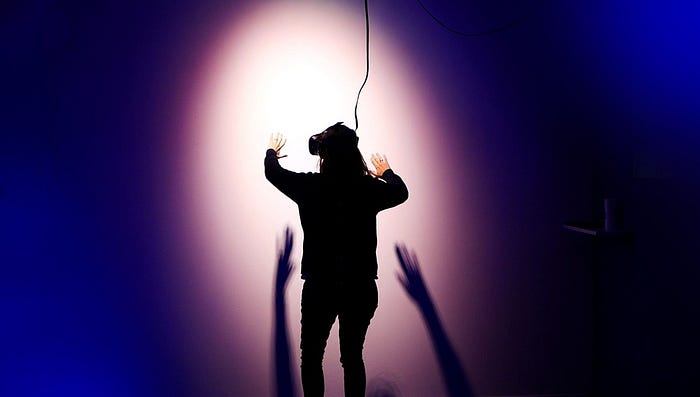Tech Trends 2023: How is Metaverse Transforming Software Development?

An expression of business software offers an expression of constant opportunities and challenges.
In 2022, businesses witnessed event-driven architecture taking hold as mobile development environments began supporting web runtimes, enabling development teams to shift to consolidated toolchains. The development tools, enhanced by AI, led to the establishment of collaborative work management, thus overtaking strategic portfolio management.
Now, in 2023 software development leaders are predicting a more turbulent sea. Business objectives will largely drive API efforts to create new standard frameworks for development.
Metaverse: Shaping a New Reality for Software Development
The metaverse is becoming one of the most discussed topics not only in technology but also in all social and economic spheres. Tech giants, as well as startups, are working to create solutions for this digital reality. But the year ahead is being perceived to be a stormy one for software developers.

Read more: Tech-Related Ethical Concerns Businesses Should Address in 2022
With the metaverse slowly evolving into a mainstream virtual world, businesses are integrating their operations, such as working, learning, and shopping, to offer their employees a way to interact with others like never before possible. A recent Gartner study listed the metaverse is set to be one of the top strategic technology trends for 2023. It also predicted that by the year 2026, 25% of the world population would spend at least one hour of their day in the metaverse for work, shopping, education, or entertainment. That implies that organizations will use the metaverse to effectively engage with human as well as machine customers and create new revenue streams.
Software development offers a constant set of ups and downs that businesses must navigate. And with relevant advancements in value stream management, little improvements are being made in metaverse standards. However, most of the metaverse experience will continue to progress only with the integration of deep learning (DL) and artificial intelligence (AI), and data science will take the forefront to advance this technology. Deep learning algorithms are enabling organizations to better their gesture recognition as well as eye tracking systems. The latest developments in computer vision are assisting with natural interactions to better understand emotions and human body language. These tech innovations are now becoming an essential element in creating an immersive metaverse interface. Deep learning technologies are further aiming to create realistic AI storytelling with innovative machine understanding.

Meta is integrating this into their translating code from one programming language to another. The implementation of the deep learning framework will aid in improving the metaverse, as the learning model is trained on available data, thereby facilitating incredible results for natural language processing.
..............
Comments
Post a Comment